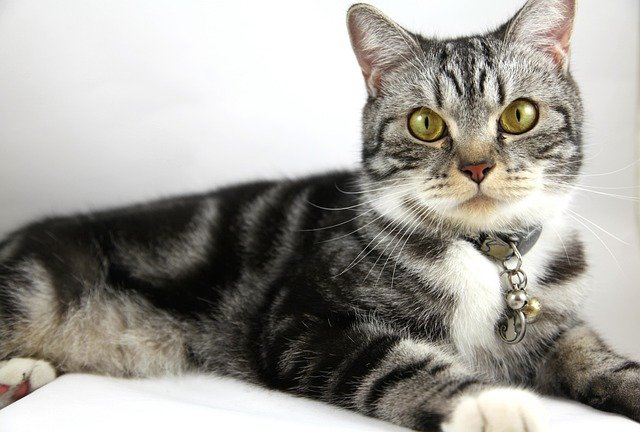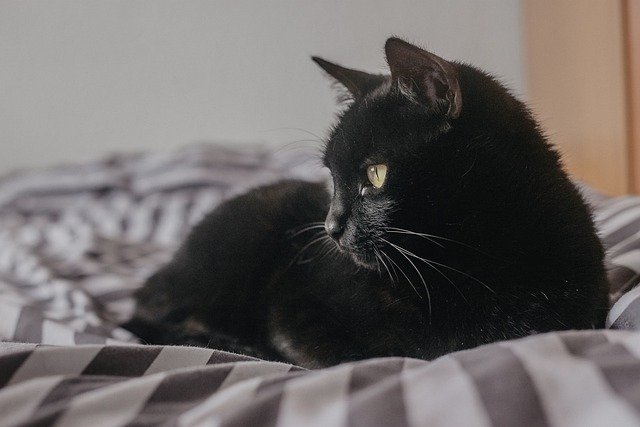Cats, those enigmatic and sometimes perplexing creatures, often exhibit behaviors that leave their human companions scratching their heads in wonder. Why Does Cat Like Eating Grass? One such behavior that has puzzled cat owners for generations is their propensity for nibbling on grass. Why do cats, obligate carnivores by nature, feel the urge to indulge in this seemingly incongruous dietary habit? Let’s delve into the fascinating world of feline behavior and explore the reasons behind this curious phenomenon.
Instinctual Behavior:
To know the answer of why does cat like eating grass? first and foremost, it’s essential to recognize that cats are instinctual creatures with a rich evolutionary history. In the wild, cats are opportunistic hunters, consuming not only the meat of their prey but also the vegetation found in their stomachs. This includes grasses and other plant matter that may aid in digestion and provide essential nutrients.
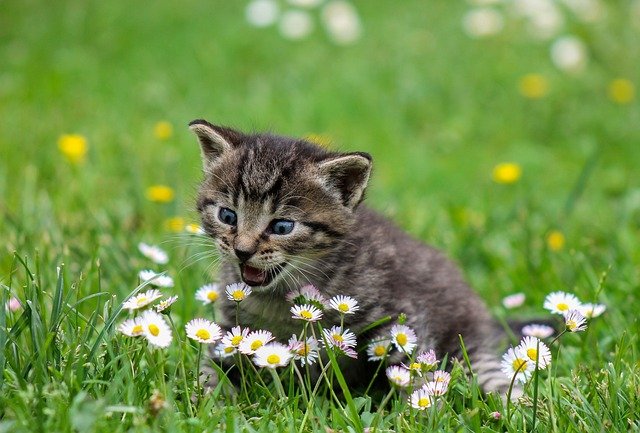
Aid in Digestion:
One of the primary reasons why does cat like eating grass is to facilitate digestion. Grass acts as a natural source of fiber, which can help stimulate the movement of food through the digestive tract and alleviate issues like constipation or hairballs. When cats ingest grass, it can help them regurgitate indigestible matter, such as fur or bones , that may be causing discomfort in their stomachs.
Nutritional Benefits:
While cats are primarily carnivorous animals, they may seek out grass as a supplementary source of nutrients. Grass contains essential vitamins, minerals, and enzymes that may be beneficial to cats in small quantities. For example, grass is rich in folic acid, which plays a vital role in the production of hemoglobin and can help prevent anemia in cats. This is another reason of why does cat like eating grass.
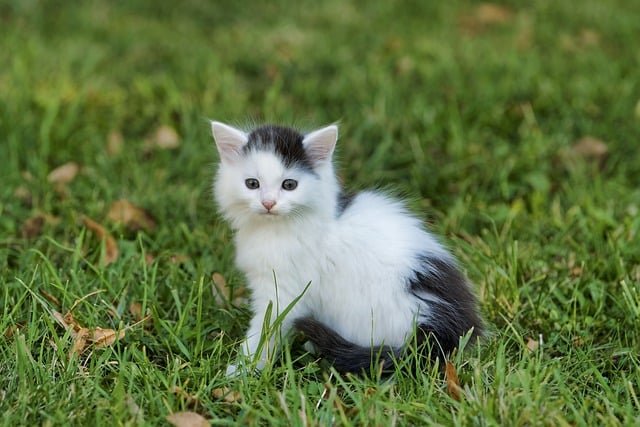
Behavioral Enrichment:
In addition to its potential nutritional benefits, eating grass may also serve as a form of behavioral enrichment for cats. Domestic cats, unlike their wild counterparts, may not have access to a wide variety of environmental stimuli. Chewing on grass provides sensory stimulation and can satisfy their natural instincts to explore and interact with their surroundings.
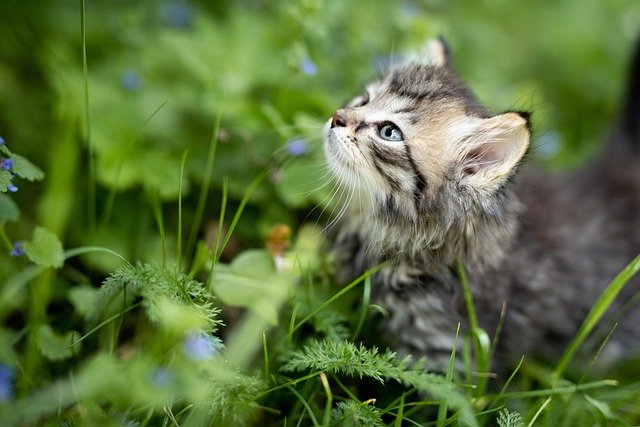
Natural Remedy for Discomfort:
Some experts speculate that cats may also eat grass as a form of self-medication when they are feeling unwell. For example, if a cat is experiencing gastrointestinal distress or nausea, they may instinctively seek out grass as a way to induce vomiting and expel any harmful substances from their stomachs.
In conclusion, the habit of cats eating grass is a multifaceted behavior with roots in their evolutionary history and physiological needs. Whether it’s to aid in digestion, supplement their diet with essential nutrients, or simply satisfy their innate instincts, grass consumption is a common and natural behavior among felines. As responsible pet owners, it’s essential to provide our cats with access to safe and pesticide-free grass or indoor alternatives like cat grass to support their health and well-being. By understanding and respecting our cats’ natural behaviors, we can ensure that they lead happy, fulfilled lives as cherished members of our families.

